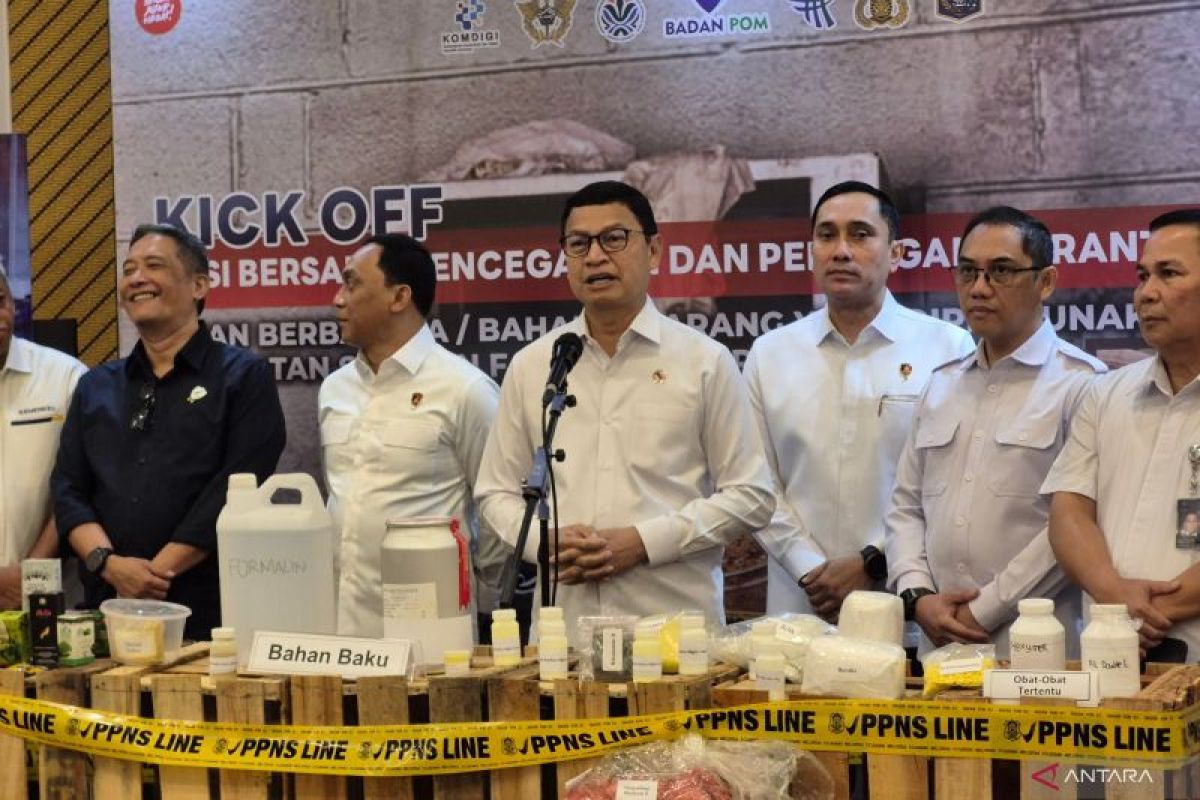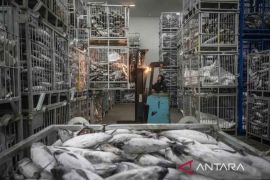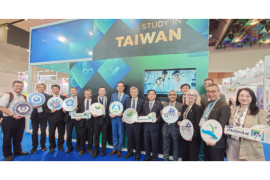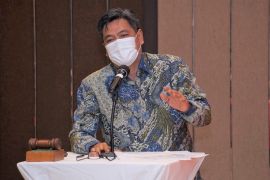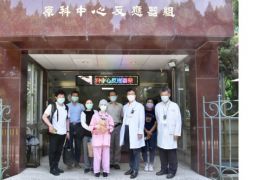"We have summoned representatives from Indofood [the product's maker], and confirmed that the product did not come from Indonesia's export distribution. It was likely brought in as personal luggage," BPOM head Taruna Ikrar said at a press conference in Jakarta on Monday.
He explained that international standards set by the World Health Organization (WHO) and the World Food Association (WFA) allow a maximum ethylene oxide content of 0.1 milligrams per kilogram (mg/kg) in food.
Indonesia complies with these regulations, he added, noting that some countries even permit levels of up to 0.7 mg/kg.
"Ethylene oxide is still allowed. However, a few authorities, including Taiwan, apply a zero-tolerance policy," Ikrar said.
He stressed that the product reported in Taiwan was not distributed through official export channels.
"Nevertheless, this remains our concern," he said, adding that BPOM has been coordinating with the manufacturer and Taiwanese authorities to clarify the product’s distribution.
"In such cases, we have no authority to intervene since it falls under another jurisdiction. Still, we continue to comply with international standards," Ikrar said.
Taiwanese authorities earlier reported the detection of pesticide and ethylene oxide in a popular Indonesian instant noodle brand. Based on Taiwan's regulations, ethylene oxide in food and beverages should not exceed 0.1 mg/kg.
According to the U.S. Environmental Protection Agency, ethylene oxide is a colorless gas mainly used to manufacture chemicals for antifreeze, textiles, plastics, detergents, and adhesives. It is also used to sterilize medical and dental devices that cannot withstand steam or radiation.
Related news: Indonesia probes Taiwan claim of tainted instant noodles
Related news: BRIN develops noodles from local ingredients to lower imports
Translator: Resinta Sulistiyandari
Editor: Anton Santoso
Copyright © ANTARA 2025
